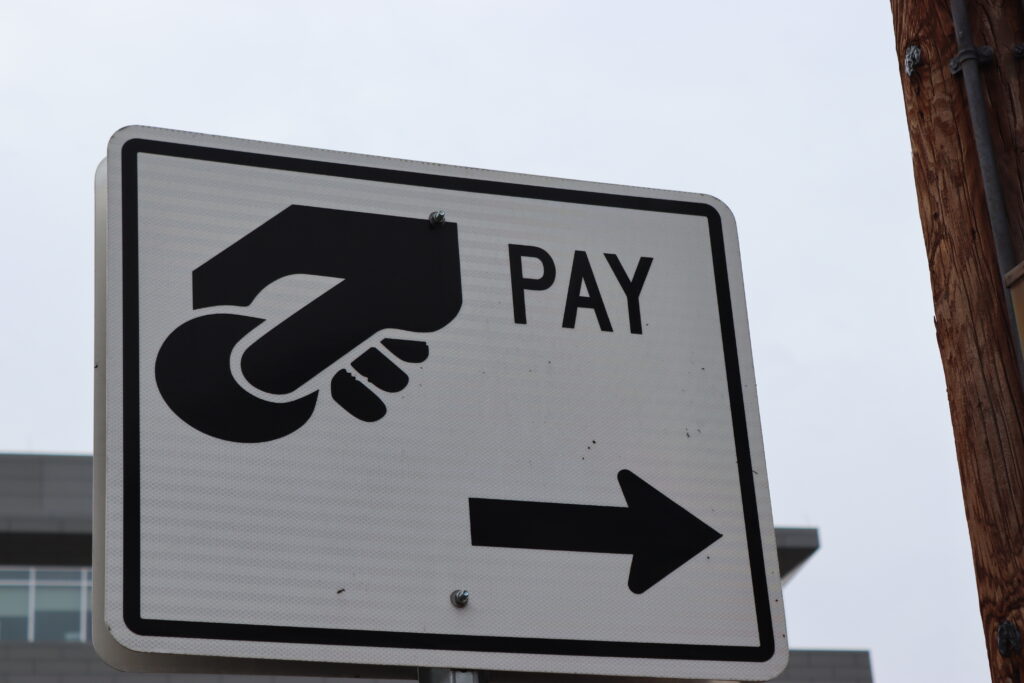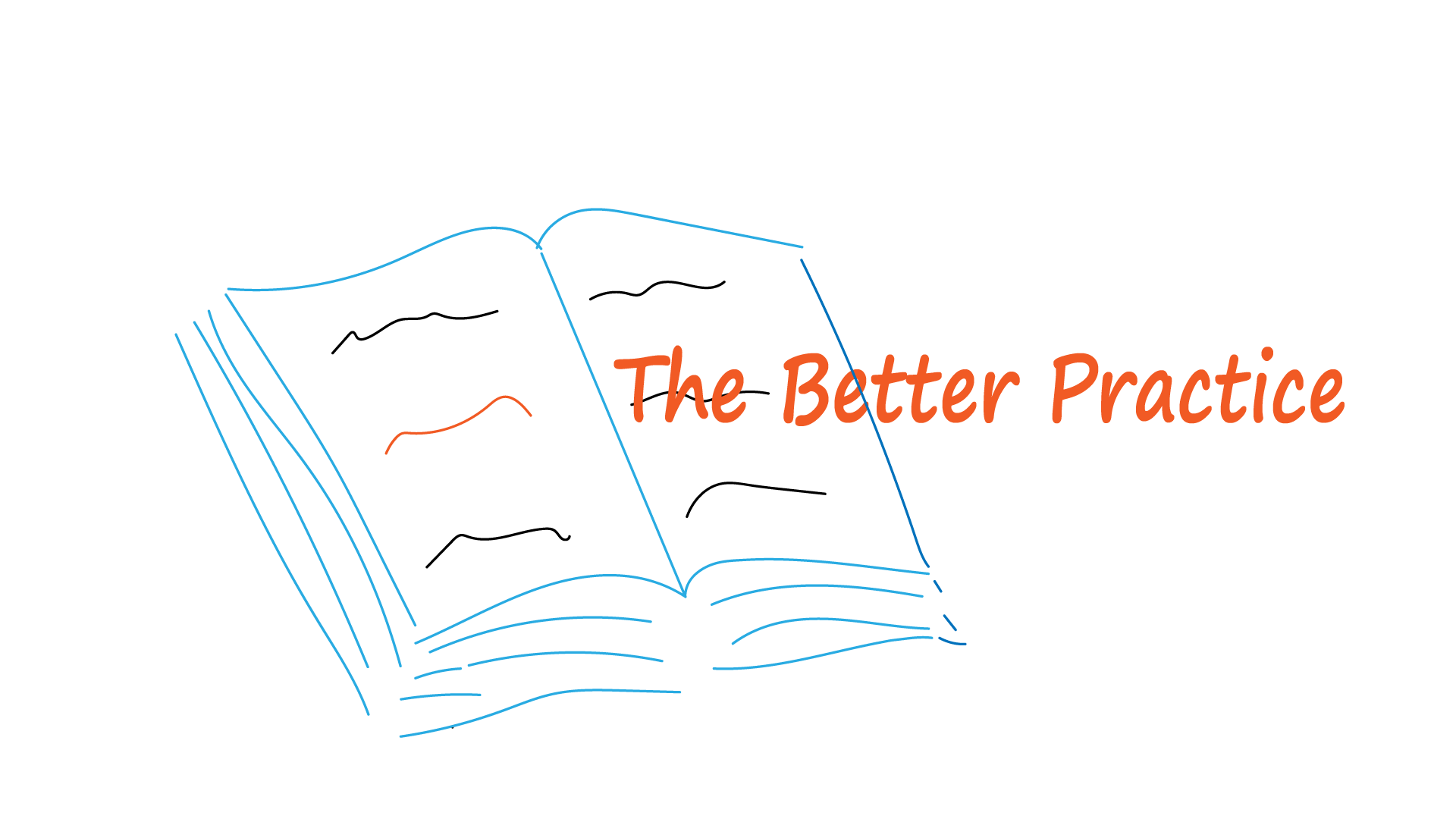All the Flags. Not Just the Red Ones…

One of the great freedoms of being a person with a profession as opposed to a job, is that you have freedom of choice. You have the freedom to choose who you want to work for and what exactly you want to do. This is because our education and license outfit us with the skills and credentials we need to maintain employment in our field. If we lose our job, we can get another one as an attorney. I grew up with the notion that you have to hold onto a job because if you lose it, unlike a profession, you may not have the ability to acquire another one with the skills that you have.
This freedom of choice in terms of where you want to work also translates to for whom you wish to work. I am not going to be talking about what law firm or public interest law office you want to work for. What am referring to is what clients with which you want to work. Yes. You have a choice in which clients you choose to work with, even though you may not think you do.
The private attorney is in the business of delivering legal services to clients for a fee. Of course, we as private attorneys cannot make a sustainable living without acquiring enough clients with which to work. However, our need to have sufficient business should not override our abilities to be able to screen and make smart decisions as to which clients we will work with and those we will and should not.
●Why is this important?
I started writing this blog to talk about how we as attorneys can improve our practicing life. One of the main ways that we can improve our practicing lives is to be a lot more thoughtful about those people we choose to work with and to work for. That inevitably includes clients. We have choice! We really do. Remember the saying about being careful of the company you keep? I do believe that same saying can translate to the clients we choose to service.
It is so important for us to invest time and energy into the process of screening clients because it is inextricably linked to our well-being in our practice. Poor choices in who we take on as clients have a direct effect on our ability to perform our work, how fulfilled we are in our work, how much work we can take on, and how much money we can make. It is that important.
●So, how do we do it?
Initially, for this post I was researching articles regarding spotting problem clients because that is what I wanted to focus upon. However, as I got down to writing, I wanted to write a little more expansively about choosing our clients not only to avoid those problem clients, but to really try and focus on spotting those positive and adaptive clients with whom working with would brighten our day. How can we do that? These are some of my ideas:

DO pay attention to FOCUS:
- Those clients who have turned out to be absolutely wonderful clients for me have had the attribute of being laser focused on reasonable goals, and how THEY can make their situation better for themselves. They ask FIRST if they can achieve these goals, and then if so, how. They present either knowing their goals or specifically wanting your help distilling reasonable goals and a path toward them. Their initial question is usually “Can I do “x”?” vs. “I need you to do “y””. This is the client who truly needs legal help and recognizes that they are coming to you for that help. They recognize that they have limited understanding of what is going on and that they need your help to distill things. We can’t always necessarily expect clients to know exactly what their needs are when they come to see us. But, if they have absolutely no sense of where they see themselves when everything is all over, then beware. A client without this focus will oftentimes provide inconsistent information leading you to perform certain tasks in furtherance of their wishes just for them to do an about face, change their mind, and get angry at you for not being able to pivot legally.
DON’T fail to hear IGNORANCE:
- Yes, our clients come to us because they clearly do not know the law and need our help. However, it is really important to listen when you hear a potential client or client repeatedly ask you the same question over and over again, or act like they don’t understand you even when you are talking in the simplest of terms. These are clients who are subconsciously telling you that they will refuse to not only take your advice but ACCEPT your advice. This means that despite what you say or how many times you say it, they will claim that they didn’t understand you and blame you for when things don’t turn out the way THEY wanted. These are clients that will claim ignorance regardless of how much education and counseling you give them. I believe it is a way for them to not accept responsibility for making the choices only they are responsible for making.
DO pay attention to a client’s WILLINGNESS TO COMMUNICATE:
- I know, I know. Those clients that call us every day or every other day when nothing is really going on with their case can be draining. However, those clients that just waive their hand and tell you they don’t need to meet with you about their case since you are the lawyer and should just handle it are a real problem. These are clients that like to stick their head in the sand and not pay attention to what is going on until it is too late. Then when they emerge, they blame others for the necessary decisions made in their absence. It is a very passive aggressive way of behaving that we as attorneys should not tolerate. If a client seems unwilling to communicate with you about the status of their case or important decisions regarding their case, strongly consider ending the representation.

DON’T fail to hear a client’s inability (or unwillingness) to PAY YOUR FEE:
- Oftentimes when we are having our first meeting with a client, we are paying attention to a lot of things that have to do mostly with how we can help them address their legal problem. However, we really need to pay attention to those cues that client’s give us that indicate that they will not be able to pay us or be unwilling to pay us. Here are a few things you need to listen out for regarding this:
- HEAR when a client repeatedly refers to your fee after you have communicated it them. How many times do they need to hear your hourly rate? They are not hard of hearing. The reason why some clients do this is because they are straining to associate the value of your services with the quoted price.
- HEAR when a client remarks on how expensive they think you are. This client will doubt from beginning to end that what they are paying you is a fair and reasonable price for your services.
- HEAR when a client expresses doubt about a retainer. With all the good intentions in the world, if the client is unable to meet your retainer request, it may mean that they don’t have the resources to hire you.
DON’T be afraid to tell a potential client that you CANNOT HELP THEM:
- We all want to have enough business to sustain our practice. However, that doesn’t mean that we must or should take every case that walks through the door. For example, I had a lengthy consultation with a potential client once. Their needs were straightforward but they had an upcoming hearing right around the corner. I relayed to that person that I could help them with their legal issue, but not on such a timeline. I told them that I could help them if they were able to procure a continuance for their hearing on their own first. If they could, I would then be glad to step into the case since the hearing was postponed. The potential client agreed. They then, upon my request, sent me the current filings for their matter. Low and behold, the last continuance order in the file ordered that the next hearing date not be continued under any circumstances, including this client hiring new counsel. I was furious. Luckily, I had not stepped into that case yet and promptly told that client that I could no longer help them and that they would need to find someone else to appear on their behalf. That potential client already lied to me and we had not even begun the representation. You can’t be afraid to tell someone that you cannot help them. In the long run, those types of clients will cost you more money and headache due to their clearly duplicitous behavior. Regardless of the reason, ultimately, if you feel that you cannot work with this client, then don’t and promptly send them on their way.
DON’T allow a poorly behaved client make you LOSE YOUR CONFIDENCE:
- Those clients that second guess every damn thing you do, regardless of how many times you explain their legal options, and those who never accept responsibility for anything have a tendency to wear on our confidence level. They have the horrible way of making us fear that we don’t know what we are doing and that every step we make will be a wrong one. Don’t get sucked into this trap. Most of us (I have to say that because there are some really poor attorneys out there) know what we are doing and have a firm grasp on how to best represent the client’s interests. Don’t let a poorly behaved and ill-tempered client make you doubt your abilities or skills.
I think that honing our skills at screening and selecting clients with which to work will inevitably have a positive, long lasting, and cumulative effect on our abilities to maintain fulfillment and joy in our work. I keep trying to do this in my practice and I hope others agree so we can stay in the biz for as long as we damn well please.
